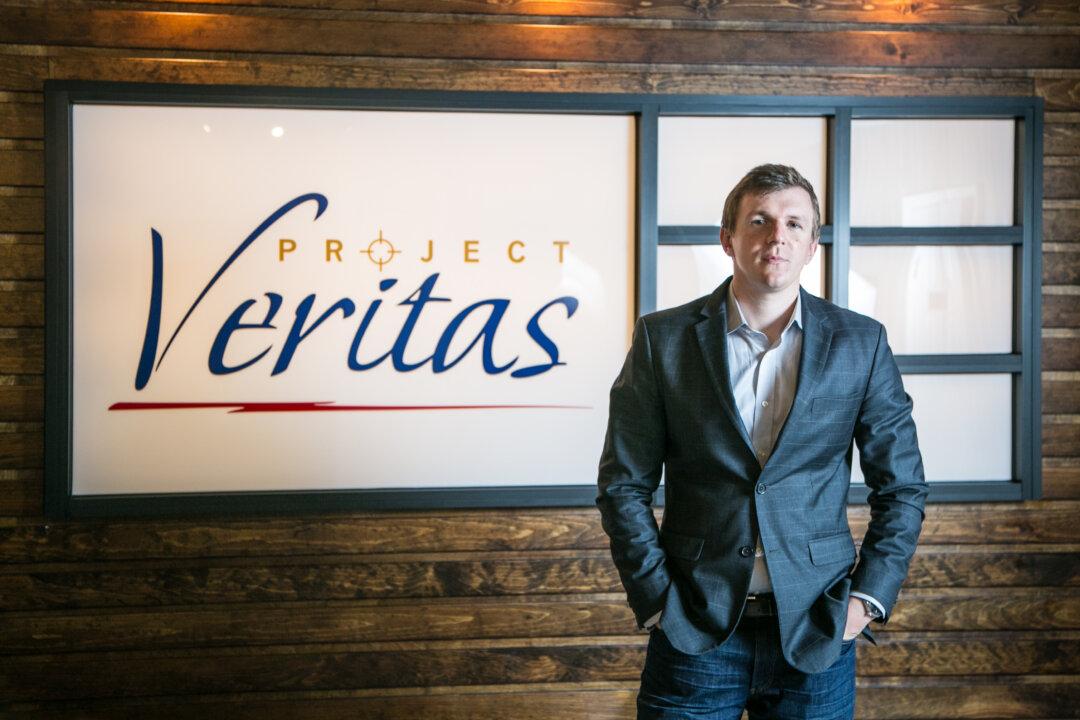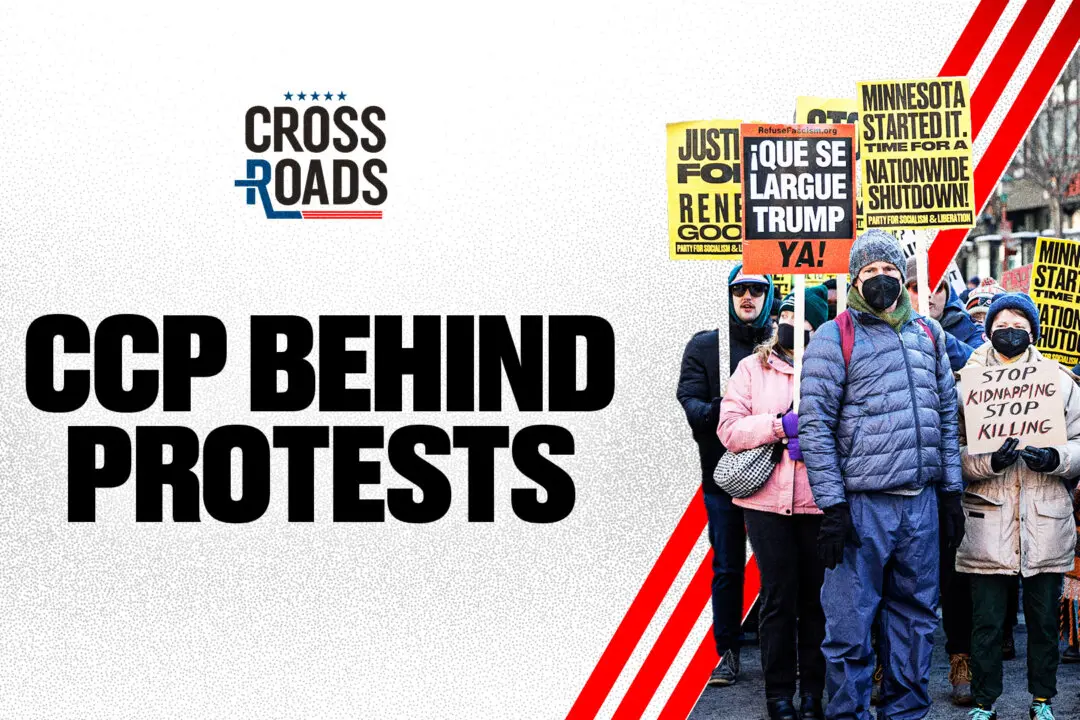This is the second of a two-part series. Read the first part here.
Project Veritas, which specializes in undercover journalism, has recently exposed cases of teachers unions covering up the physical and sexual abuse of children. The president and founder of Project Veritas, James O'Keefe, recently appeared on “Declassified,” a news program of The Epoch Times, where he discussed his latest findings.





